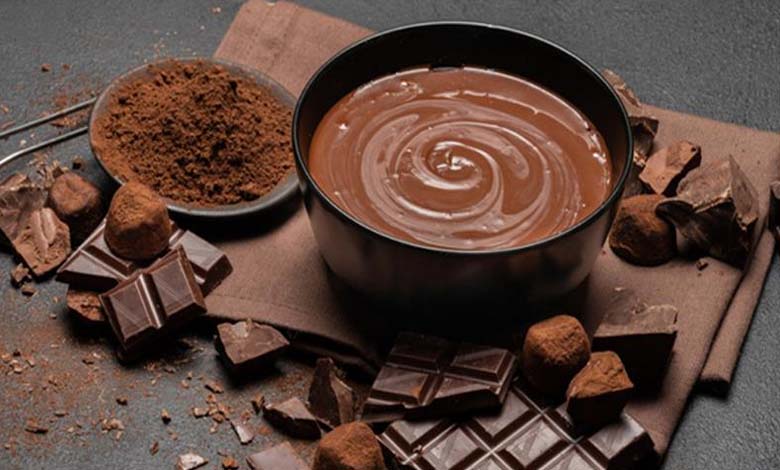How Chocolate Can Help You Lower Blood Pressure

High blood pressure is a common condition that must be taken seriously and closely monitored to prevent elevated health risks that could impact other bodily functions.
-
Insulin inside chocolate: A new lifeline for diabetics without needles
-
Coffee and chocolate at risk: How does it relate to declining insect populations?
The Daily Record reported that several health experts have found that certain foods can help maintain low blood pressure levels, and one of these foods is chocolate. Chocolate rich in flavonoids can help dilate blood vessels, thereby lowering blood pressure. Cocoa products, especially dark chocolate, are rich in flavonoids, followed by milk chocolate.
Another Study
Dr. Karen Reid from the University of Adelaide in Australia stated: “It has been proven that flavanol, a type of flavonoid, increases endothelial nitric oxide production, which promotes blood vessel dilation and may thus lower blood pressure.” However, she also noted that “although there are conflicting results regarding the actual effects of chocolate consumption, it has been shown that consumption can modestly reduce blood pressure in people with hypertension, though not in those with normal blood pressure.”
-
5 good reasons to eat chocolate according to science
-
Famous chocolate withdrawn from shelves due to “glass” contamination
Another study examined how flavonoid-rich foods impact high blood pressure and cardiovascular diseases, aiming to evaluate the effectiveness of such foods against heart disease and risk factors, including blood pressure.
The findings suggest that enjoyable cocoa consumption may help reduce blood pressure, thus lowering the risk of cardiovascular disease.
-
High cholesterol: how you can reduce bad cholesterol with chocolate!
-
Due to “Deception and Misrepresentation,” “Hershey” urged to pay $5 Million
Those most at risk of high blood pressure include individuals who are overweight, consume a high-salt diet, or lead a sedentary lifestyle.
While some may require medication to manage blood pressure, others can control and prevent it with a balanced, low-fat diet. Blood pressure is measured with two numbers and is considered high if readings exceed 140/90 mm Hg. The NHS advises taking multiple readings throughout the day and calculating an average to better assess risk levels.












